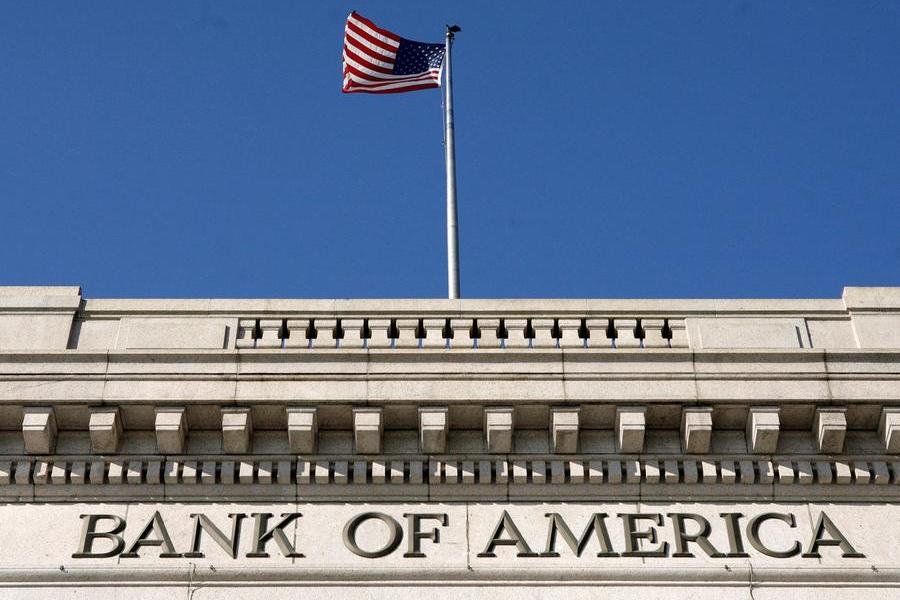As a share of total goods and services trade, renminbi-settled trade rose to 19.8% as of the third quarter of 2022, 5.8 percentage points higher than 10 years ago, Wei writes. The higher usage of renminbi in China’s cross border payments for trade seems to be relatively broad-based.
Earlier this year, Brazil and Argentina announced they would allow renminbi settlements in trading with China, and Brazil’s relationship with China helps illustrate the constraints and opportunities for China to internationalize its currency. Joint statements from China and Brazil allow, but don’t require, the two countries to trade in local currencies. Brazil’s exports to China ($88 billion in 2021) mainly consist of commodities which are mostly settled in U.S. dollars. For Brazilian exporters to accept renminbi payments, our economists expect the currency would need to be recycled by Brazilian importers purchasing Chinese goods. (Brazil’s total imports from China were $51 billion in 2021.) For this channel to increase the RMB share of China’s total goods trade settlement materially, China would need to have renminbi settlement agreements with more trading partners than just Brazil.
Countries where China exports make up a large amount of market share might be more willing to use renminbi to settle imports from their Chinese counterparties, according to Goldman Sachs Research. But even so, given China’s capital controls, the shortage of offshore liquidity in the currency becomes a constraint for these partners to settle trade in renminbi. To facilitate more usage of renminbi in trade settlements, the People’s Bank of China has extended bilateral swap lines with many economies.
When it comes to store of value, China’s currency is still little used. In international bond markets, debt securities denominated in renminbi were only around 0.7%, according to Bank for International Settlements data, in comparison with 0.4% 10 years ago, Wei writes. Reserves denominated in China’s currency accounted for around 3% of global reserves, higher than the 1% in 2016 but still low in absolute levels.
At the same time, a wide range of renminbi-denominated assets are available in Hong Kong, the offshore center for renminbi, for global investors: these include bonds, investment funds, commodity-linked products, ETFs, real estate investment trusts, equities, and insurance products.







